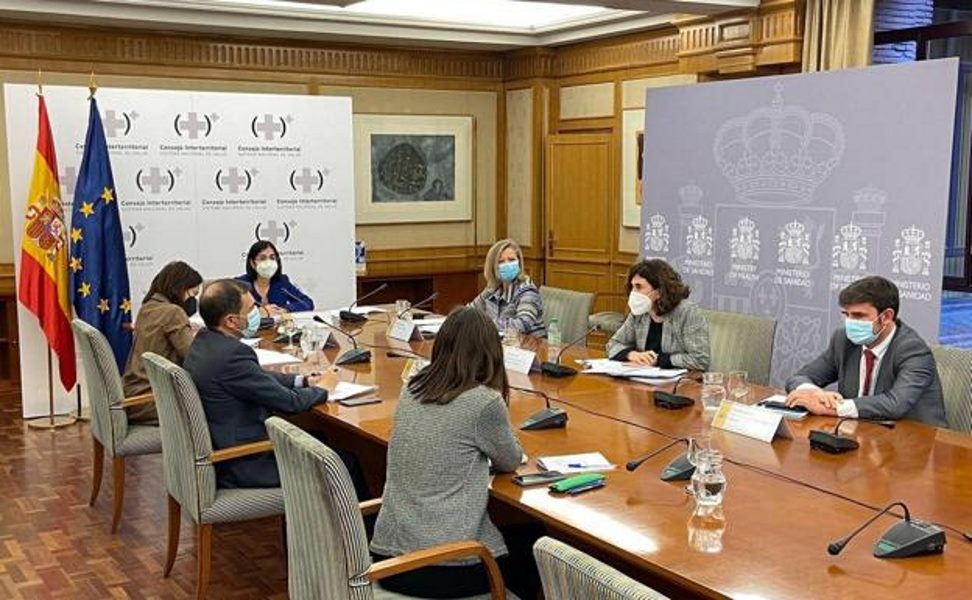Spain shortens the isolation period for coronavirus to seven days
- 29-12-2021
- National
- Canarian Weekly
Studies of hundreds of thousands of infections caused by the new Omicron variant across the world are showing that most of those infected by the more contagious strain, are suffering milder symptoms than the Delta variant, and have led the Government and the regional health authorities to "unanimously" agree this afternoon (Wednesday), to reduce the length of isolation of people who test positive for Covid from ten to seven days.
The agreement was made at the Inter-territorial Council meeting earlier today, and means that:
- Anyone who catches Covid must quarantine for 7 days from the onset of symptoms, or from the positive test result, in the case of asymptomatic infected patients.
- People who have not been vaccinated, but have had close contact with someone positive, will also only have to isolate for 7 days not 10 days.
- Anyone fully vaccinated who comes in contact with a positive doesn’t have to isolate but should restrict their activity outside the home to essential activities maintaining social distancing from others.
The decision has been made without waiting for the Public Health Commission report next week, as it was agreed that there is enough information available to make it now, without waiting.
The decision comes after the UK decided to shorten their isolation period to seven days if the patient tested negative with two antigen tests in two days. In the US, advisors from the CDC have limited quarantine to just five days if the person has no symptoms. However, the affected person must wear a mask at all times for at least another five days.
WHO recommendations:
Today’s decision follows the new strategy of the WHO, who are in favour of reducing the length of quarantine, as studies show that the incubation period of coronavirus, from contagion to the appearance of the first symptoms, usually ranges between five and seven days, although in some studies it is suggested that in the case of the omicron variant it seems to be less.
However, the director of the WHO for Health Emergencies, Mike Ryan, specified that such investigations could be biased, since the shorter incubation time seems to be more common in younger people. In any case, he insisted that "the health impact must be minimized, but also must the effect on the economy and society in general."
Other articles that may interest you...
Trending
Most Read Articles
Featured Videos
TributoFest: Michael Buble promo 14.02.2026
- 30-01-2026
TEAs 2025 Highlights
- 17-11-2025


























































